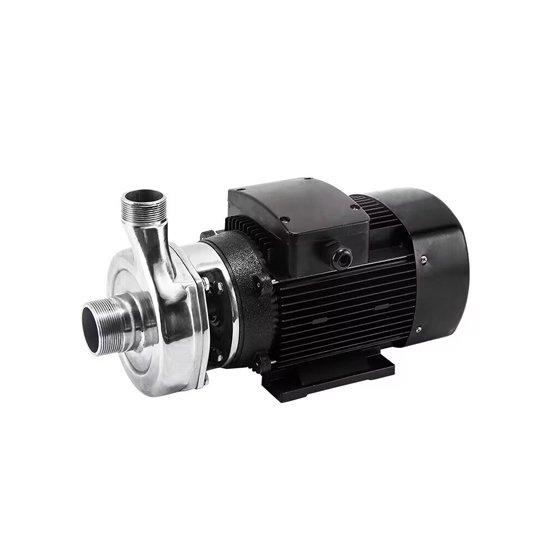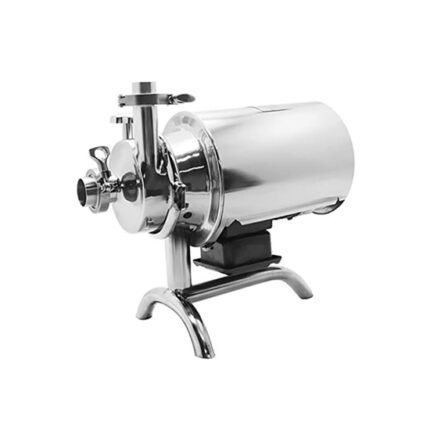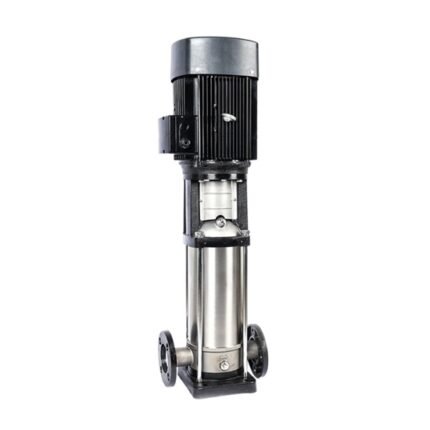Reliable 2 hp stainless steel centrifugal pump comes with 1.5kW high power, 380V voltage, 20m rated lift, high temperature and corrosion resistance. Sanitary horizontal centrifugal pump is designed for applications requiring a high level of hygiene and prevention of contamination during fluid transfer.
Specifications
Model: 50SF6-20-1.5
Material: 304 Stainless Steel
Rated Flow: 6m3/h
Rated Lift: 20m
Power: 1.5kW (2 hp)
Caliber: 50-40mm
Voltage: 380V
Rotation Speed: 2860r/min
Outlet Pressure: -2.5Mpa
Weight: 24kg
Features
2 hp (1.5kW) stainless steel centrifugal pump can pump a variety of particle-containing, viscous, and lightly corrosive liquids.
Its high speed and strong suction can improve work efficiency. Made of 304 stainless steel, uncoated, high temperature and corrosion resistant.
Sanitary horizontal centrifugal pump has a thickened pump head, high-precision bearings and high-quality oil seals, making it stronger and more durable.
Details
Applications
Tips: What is a sanitary centrifugal pump used for?
The sanitary centrifugal pump is specifically designed for applications that demand a high level of hygiene and the prevention of contamination in fluid transfer processes. This type of pump finds extensive use in industries such as food and beverage, pharmaceuticals, and biotechnology, where maintaining product purity is paramount. Unlike conventional centrifugal pumps, sanitary centrifugal pumps incorporate design features that facilitate easy cleaning and sterilization.
One key distinction lies in the construction of sanitary centrifugal pumps, which typically have polished surfaces and a crevice-free design to eliminate potential areas where contaminants could accumulate. The pump is often crafted from materials that are resistant to corrosion and can withstand rigorous cleaning processes.
Sanitary centrifugal pumps adhere to stringent industry standards, such as the 3-A Sanitary Standards, ensuring compliance with hygiene and sanitation requirements. These pumps play a vital role in processes where maintaining the integrity of the conveyed materials, preventing bacterial growth, and meeting strict regulatory standards are essential considerations.













